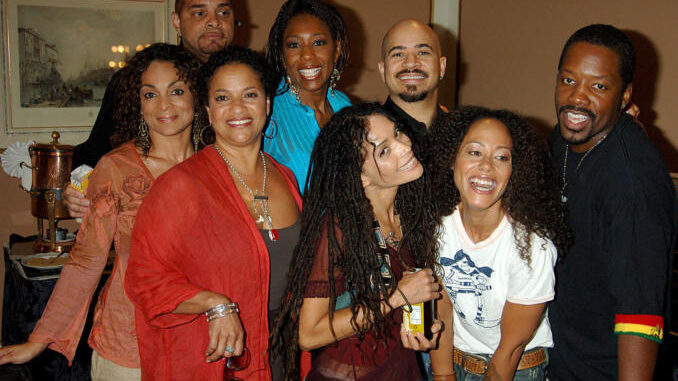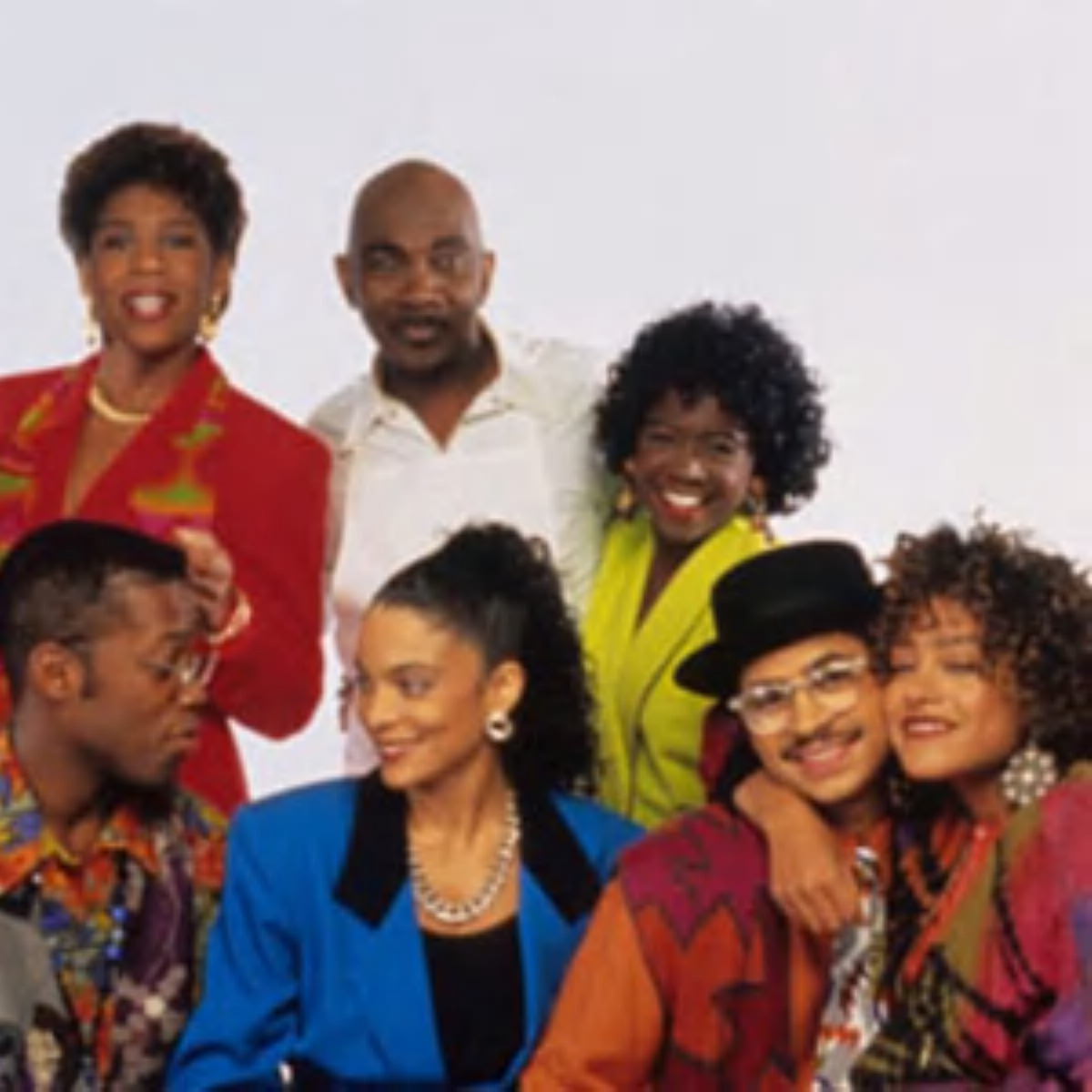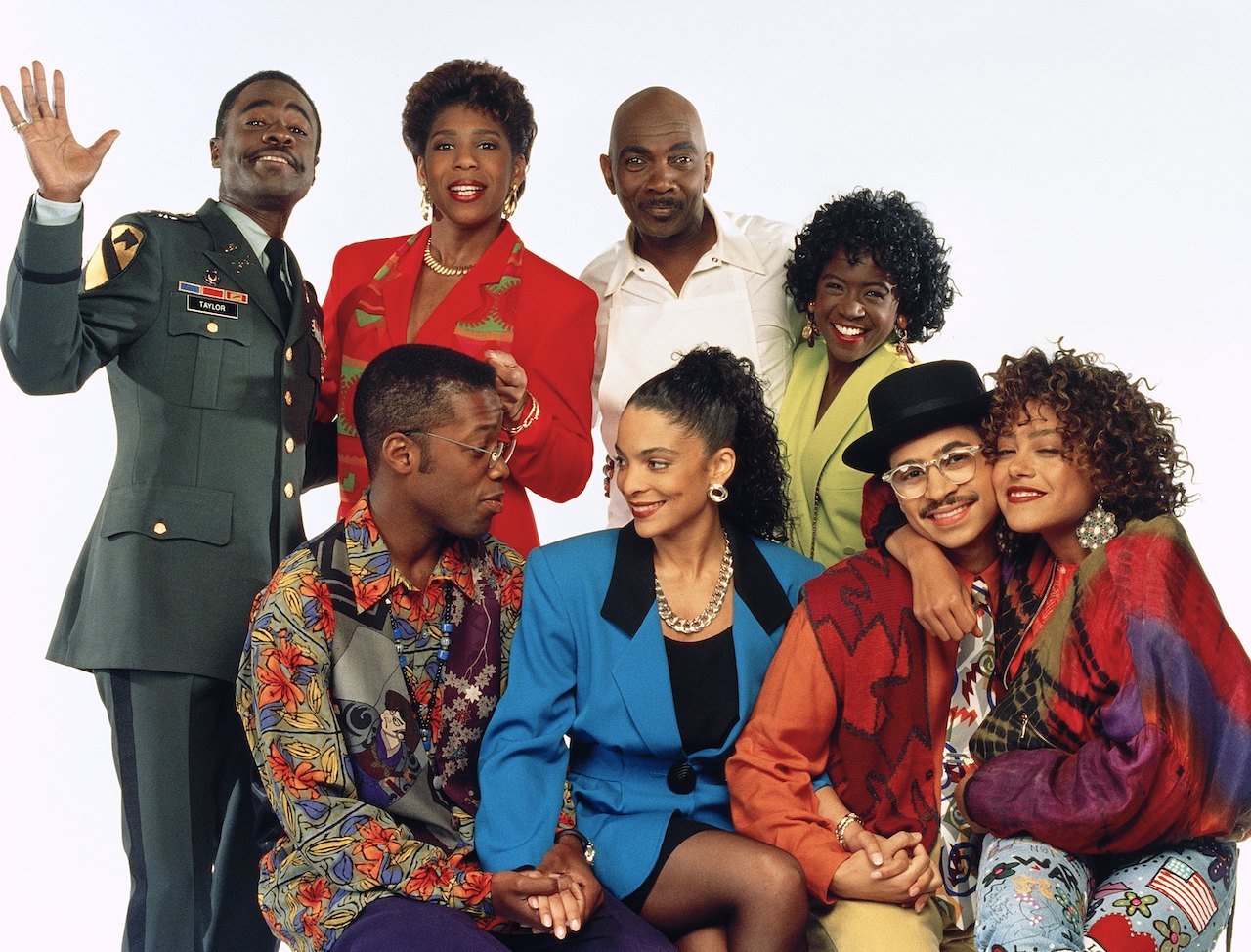
It’s hard to believe that it’s been 35 years since the sitcom A Different World debuted on NBC. A spinoff of The Cosby Show, the show’s first season centered around the eldest child Denise Huxtable’s freshman year in college. Despite the appeal of its central character, played by Lisa Bonet, the show didn’t land with Black viewers as producers hoped. Fame choreographer Debbie Allen was brought in to save the day. And as it turns out, she ended up being the biggest advocate for the cast to receive the treatment and opportunities they deserved.
Debbie Allen was brought in to save the show after a disastrous debut season
The show debuted in 1987 and depicted life at a fictional historically Black college (HBCU) in Virginia. The show was No. 2 at the time, but creator Bill Cosby didn’t think the cast and storylines were accurate and knew that for the show to be the success he wanted it to be, things needed to change.
“My coming into this show was certainly somewhere between my sister [Phylicia Rashad] who was, you know Denise’s [Lisa Bonet] mother and had visited on the campus of Hillman on the show and seeing what was happening behind the scenes,” Allen said in an interview with Netflix’s Strong Black Lead as Shadow and Act reports. “It was not a happy place at A Different World behind the scenes. They didn’t quite have the right producing director there.”

Rashad talked to Cosby about the environment on set. He called Allen and noted it was time for her to take over. Allen knew HBCU life well as she is a graduate of Howard University.
“The next thing I know, I was getting a phone call from him saying, ‘We need you to get out your broom and dust it off over there. Go and clean house.’ I said ‘All right.’ So then I met with Marcy Carsey, Tom Werner, and Caryn Mandabach, and I said ‘Okay, give me every episode.” They said, ‘You wanna watch every episode?’ I said ‘Absolutely, so I know how I’m gonna fix this and what we’re going to do,’” she added.
She put a clause in the cast’s contracts that they direct write and episodes in later seasons
As it turns out, playing their on-screen characters wasn’t enough for Allen. The legendary dancer wanted more for the cast. By Season 3, the cast members were writing and directing episodes.
“When it came to directing and writing, Debbie made us put it in our contracts that we got to direct an episode or two, or write, per season after the second or third season,” Kadeem Hardison shared in a recent interview with The Breakfast Club. “She always said to us, ‘The more you do, the less they can tell you that you can’t do,” Hardison added regarding why Allen demanded the clause. “That was the word she said to me because I didn’t want to direct.”
For Jasmine Guy, Allen shared similar sentiments but took it a step further. “And she said to me, ‘We’ll never have this opportunity again. So you will do whatever you can while we’re in this position of power and choice,” Guy explained regarding her conversation with Allen. “She was an advocate for using the opportunity, so the next time, we’re not behind. And it was great crossing that barrier.”
Debbie Allen is credited for making the show better
Allen first met with the cast to get their take on the show. She told the LA Times in a 1998 interview that there were two concerns: unhappiness on set, and unrelatable storylines. After getting the cast to believe and trust in her, she turned to push out better content.

“We wanted the show to be topical, but still funny,” she said at the time. She worked closely with the show’s writers, who were not of color, to get them to understand the HBCU culture and beyond. Allen also wanted more mature content, including showcasing the cast becoming politically, socially, economically, and sexually advanced. “That’s what happened to me at Howard,” she said. “I grew up there and recommitted myself to goals, to what I wanted to do.”
With Allen’s leadership, the show remained in the Top 3 for the remainder of its run. In total, the show ran for six successful seasons.
